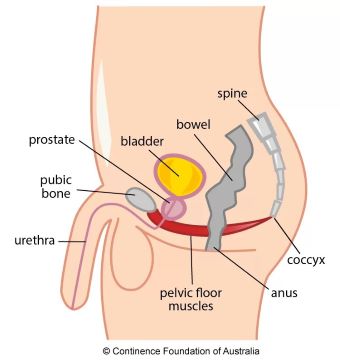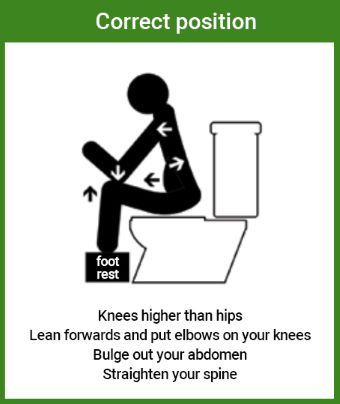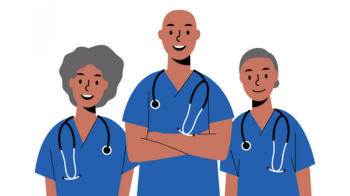Treatments may differ depending on the symptoms you have, and your specialist will discuss whether a particular treatment is right for you.
Medications
Steroids are produced naturally in the body by the adrenal gland. Additional steroids in the form of prednisolone can be given to attempt to reduce inflammation in some patients. They are usually given in tablet form but may be given intravenously. If you are prescribed steroid tablets on a long-term basis, you should not stop them abruptly. You will be given a ‘steroid emergency card’ which you should always carry with you.
The specialist may also assess the need for bone protection medication and anti-reflux treatment whilst on steroids.
Immunosuppressive medication
Cyclophosphamide, Mycophenolate mofetil and Azathioprine are medications that modulate the immune system to achieve disease control.
When used with a corticosteroid such as prednisolone, it can also allow the dose of the steroid to be reduced and in some cases, may allow the steroids to be withdrawn altogether. As a result, they are sometimes also called a ‘steroid-sparing agent’. You will require regular blood tests to monitor your response to treatment.
New treatments are becoming available, and your specialist will decide upon these treatments on an individual basis.
Other medications and therapies are used to relieve symptoms, such as cough, breathlessness, joint and muscle pain and Raynaud’s. Your specialist will discuss options with you on an individual basis.
Other treatments
Pulmonary rehabilitation is a supervised exercise and education programme that can help you to learn to manage your breathlessness and remain active. The programmes are multidisciplinary, meaning that the team includes respiratory physiotherapists, nurses, dieticians, doctors and others, and can help improve your energy, strength, and quality of life.
As fibrosis inhibits an adequate supply of oxygen into the bloodstream, some individuals may require supplemental oxygen therapy. Where the levels of oxygen are low, oxygen therapy may help with breathlessness and enable individuals to be more active. Corrected levels of oxygen in the blood are necessary for normal body functions and reducing additional health problems.
You should also discuss with your physician if there are any clinical trials in which you can participate. Clinical trials are voluntary research studies, conducted in people, which are designed to answer specific questions about the safety and/or effectiveness of medications.
A small minority of patients may require assessment for and be suitable for lung transplantation.








